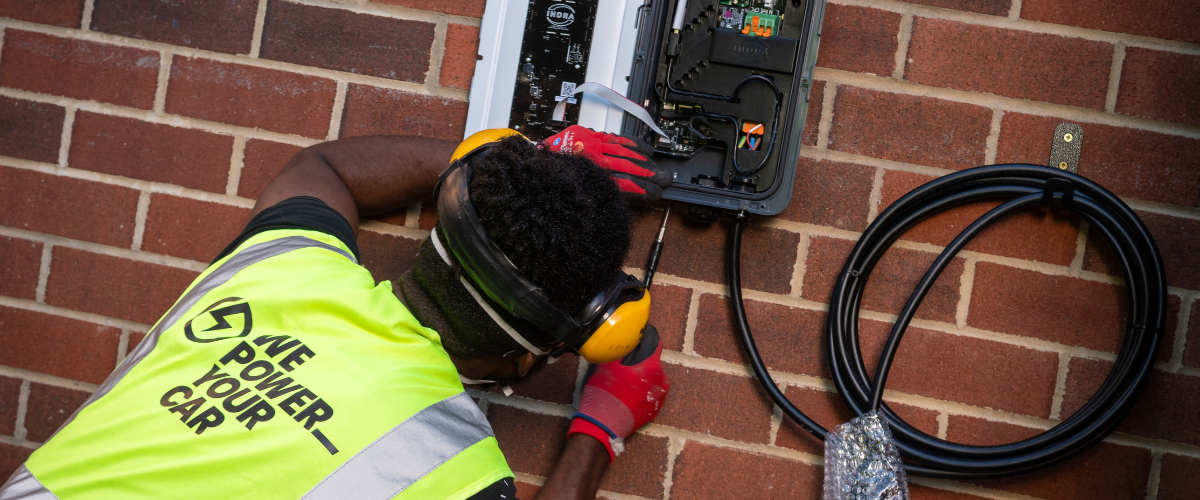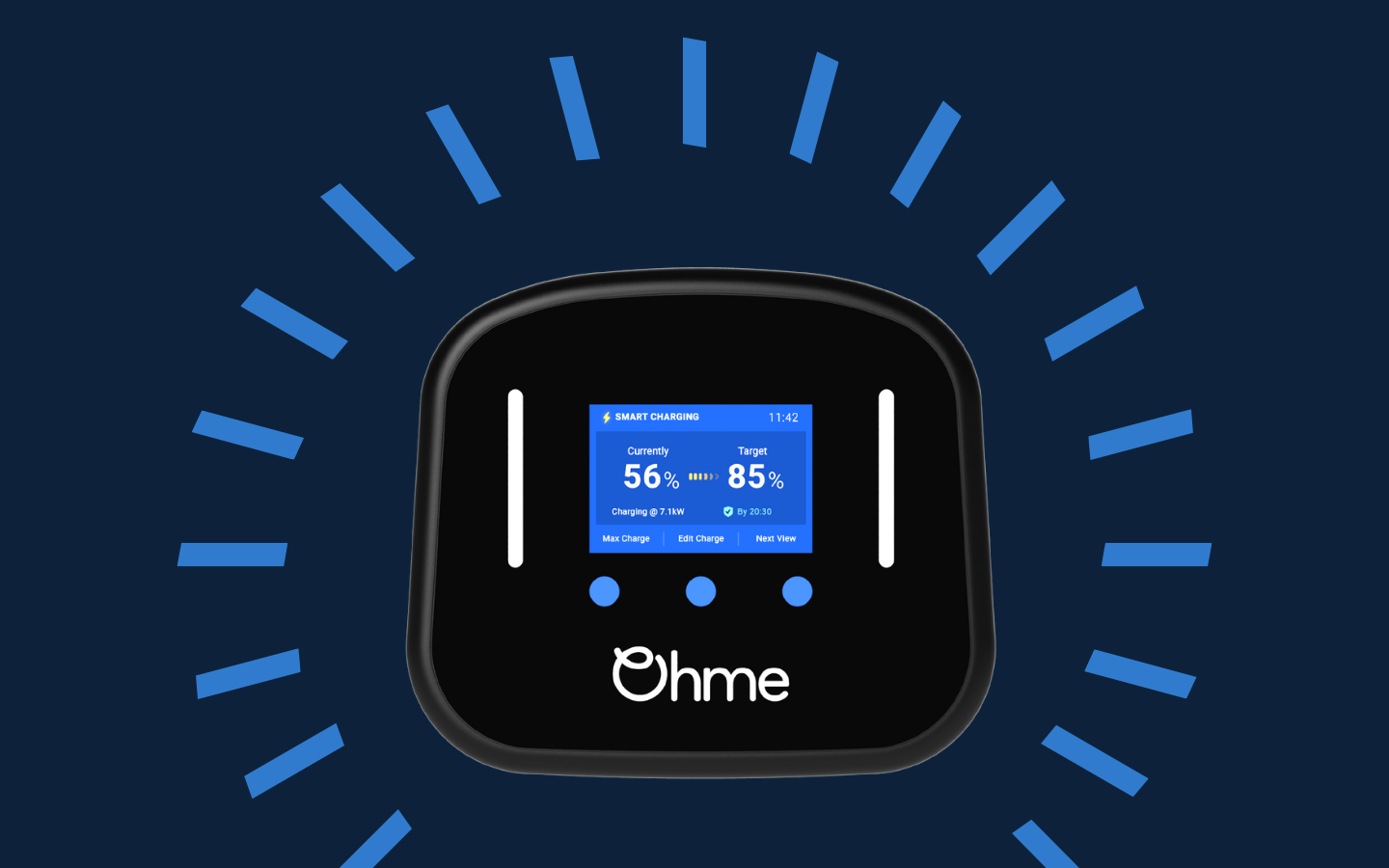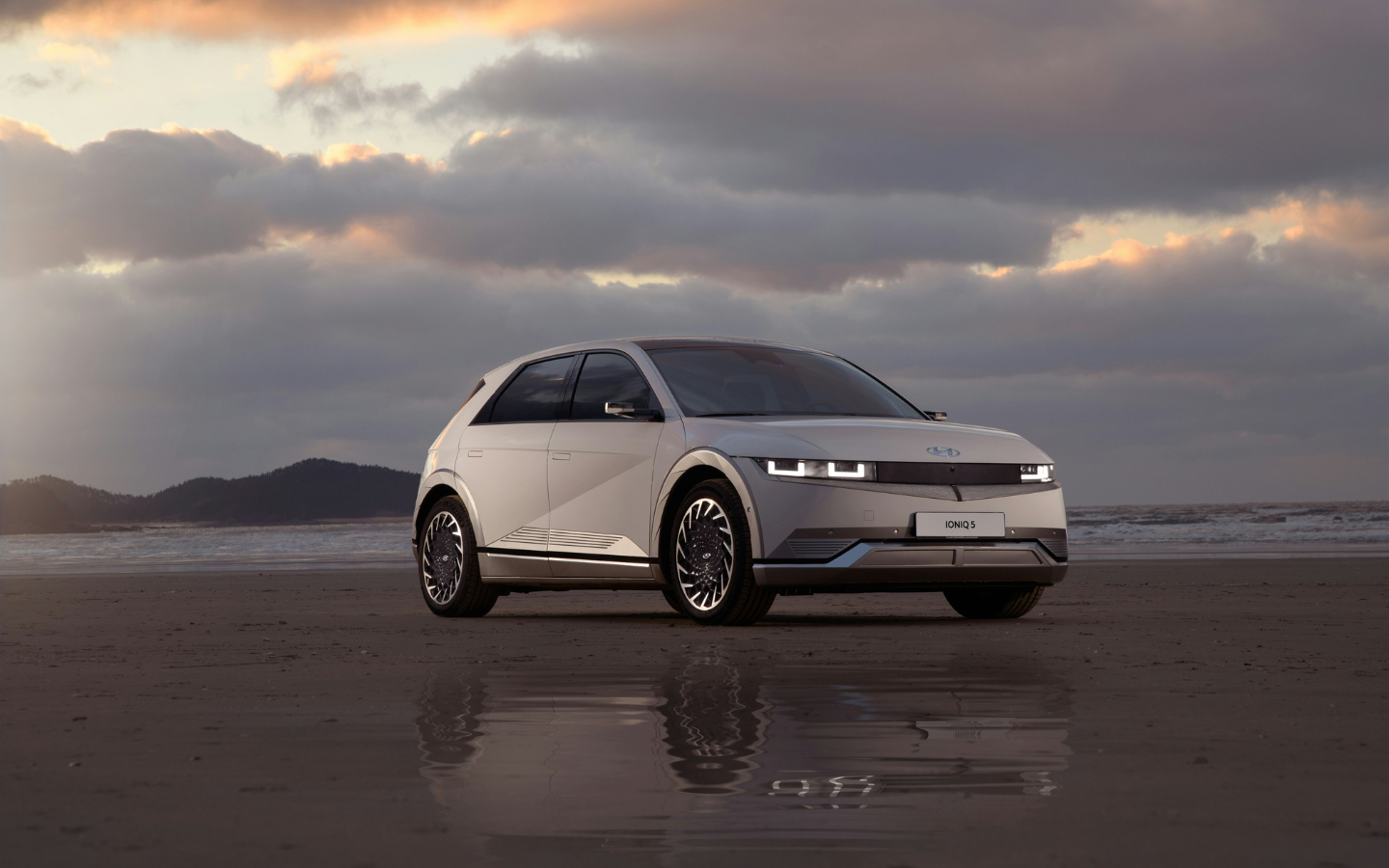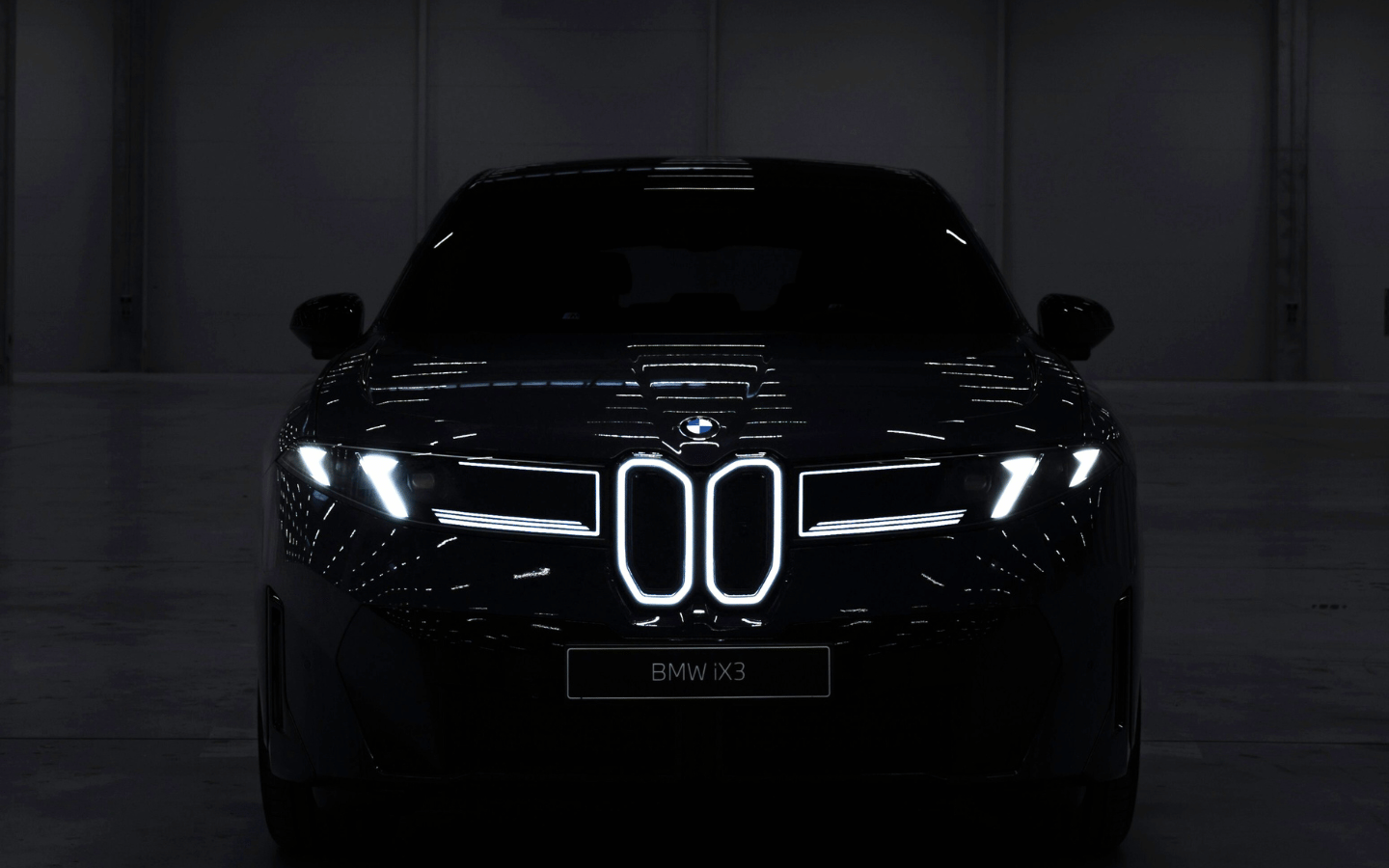
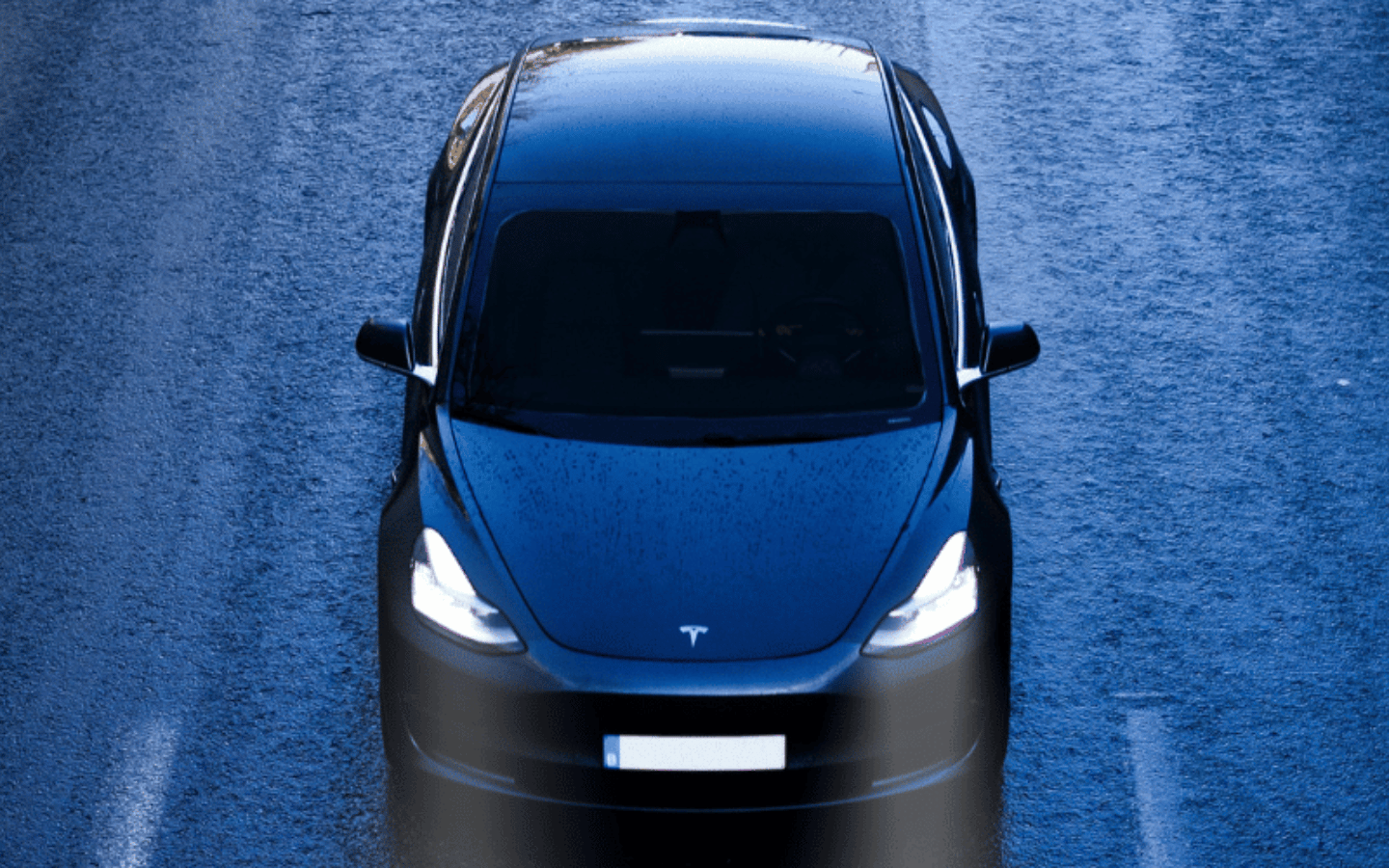
Electric car salary sacrifice schemes explained
Quick summary:
The electric car salary sacrifice scheme is an employee benefit, similar to cycle to work schemes, offering the chance to drive a new EV without having to pay the full upfront price. Statistics show employees can save 40-60% through an electric vehicle salary sacrifice scheme compared to leasing in the UK.
How EV salary sacrifice works:
- Your employer signs up to the EV salary sacrifice scheme.
- You pick the electric car from the approved list of the scheme. Each scheme is different, with varying EV models available.
- A chunk of your gross salary goes toward the scheme each month. Since it’s taken pre-tax, you end up paying less income tax and National Insurance.
Despite the booming increase in the number of electric cars on British roads (1,850,000 battery EVs to date), the upfront cost of new electric cars is still a barrier to electric car adoption in the UK.
How can this be fixed?
Enter the electric car salary sacrifice scheme. An alternative option to purchasing an electric car outright that offers benefits to employees and employers alike.
But what is an EV salary sacrifice scheme? How does an EV salary sacrifice scheme work? Are salary sacrifice schemes worth it for an electric car?
In this guide, we delve into the world of electric car salary sacrifice schemes, exploring how they work, what advantages they present for both employers and employees, and recommending the best electric vehicle salary sacrifice schemes in the UK.
What is an EV salary sacrifice car scheme?
In short, an electric car salary sacrifice car scheme is an employee benefit that allows workers to drive an electric vehicle without having to pay the high upfront cost. Instead, employees pay or “sacrifice” a small portion of their gross salary (pre-tax) to effectively lease an EV from their employer.
Since electric car salary sacrifice schemes are paid with pre-tax salaries, substantial tax savings can be made by choosing this route; taking advantage of a salary sacrifice scheme is far cheaper than purchasing an EV outright or financing/leasing one independently. In fact, it’s estimated that employees can save 40-60% on costs with an EV salary sacrifice scheme compared to leasing an electric car outright.
Electric cars, through a salary sacrifice, tend to be used for personal and business use. Still, it depends on the terms set by your employer and the EV salary sacrifice company.
How does an EV salary sacrifice scheme work?
An EV salary sacrifice scheme is similar to the inner workings of other government schemes, such as cycle-to-work schemes, pension contributions and childcare vouchers, by using gross earnings.
In essence, a leasing company purchases a new electric car outright, and the employer finances the EV on the employee’s behalf. The pre-tax earnings are then used to pay for the electric car on a monthly contract, typically lasting two to four years. No deposit or credit check is needed.
Despite the employees covering the leasing, the sole responsibility lies with the employer as long as the employee stays with the company for the duration.

What are the benefits of EV salary sacrifice schemes for employees?
1. Increases accessibility to electric car ownership
It’s no secret – the high upfront cost of new electric cars is an obvious barrier to EV adoption. And while there are alternative ways to afford an electric car – such as taking advantage of Tesla’s recent price cuts or purchasing a cheaper EV model thanks to the entry of Chinese car manufacturers in the UK market – an electric car salary sacrifice scheme remains one of the most accessible ways to do so.
Employees who may not have been able to afford a brand new electric car – or any new car for that matter – gain access to a new electric vehicle with a salary sacrifice scheme, making EVs accessible for a broader range of employees as they can spread the cost over time.
2. Tax savings
While employees participating in EV salary schemes will see a small reduction in their take-home pay month on month, the tax savings will make up for the loss. In fact, by reducing their taxable income by sacrificing a portion of their pre-tax salary, the amount of income tax payable will be lower, as will National Insurance contributions.
3. Maintenance savings
Salary sacrifice electric car schemes tend to cover additional expenses as part of the overarching package. Insurance, MOTs, regular check-ups, and breakdown cover will likely be included in an EV salary sacrifice package, saving employees from everyday costs they would otherwise have to pay if purchasing a new vehicle outright – whether petrol, diesel or electric.
4. Decreases carbon emissions
Electric cars are zero-emission at the tailpipe, meaning employees can decrease their carbon footprint by making the switch to electric.
Not only that, but staff members could invest in a solar home electric car charger and top up using free, greener energy.
5. Unlock the perks of electric mobility
On top of the reduced carbon emissions, employees will receive the other benefits of an electric car at a fraction of the cost with a salary sacrifice scheme – free parking in certain areas, no ultra-low emission zone fee, smoother, quieter driving and more.
6. Reduced EV charging costs at work
Switching from petrol and diesel to electric means employees are already saving money when comparing fuel prices against electricity costs. However, the cost of EV charging can be further reduced when the workplace offers free or reduced electric car charging, lowering commuting costs.
Additional savings can be made by investing in a home EV charger, too. Charging during off-peak hours allows EV owners to charge when the demand on the grid is at its lowest and electricity is at its cheapest.
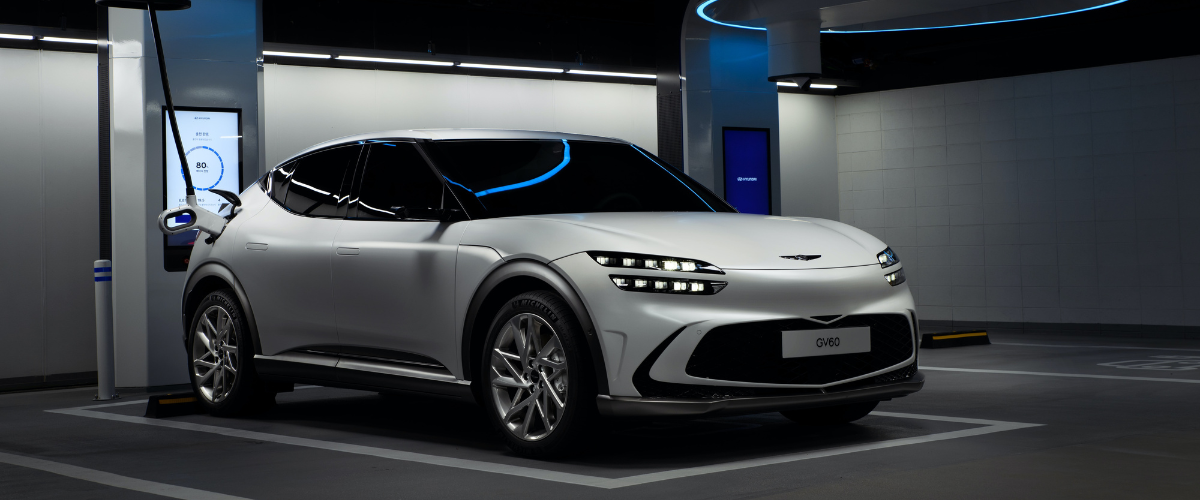
What are the benefits of salary sacrifice schemes for employers?
1. Attract new talent
Employers can use EV salary schemes as an attractive workplace benefit to entice and recruit top talent who are interested in EV ownership, reaching a wider pool of candidates.
2. Tax savings
Electric car salary sacrifice schemes bring huge tax savings for employers. Let’s discuss:
National Insurance (NI): Employers can save money on their National Insurance (NI) contributions when their employees participate in a salary sacrifice scheme for electric cars. The sacrificed portion of an employee’s salary is not subject to NI, which leads to lower contributions for the employer.
Value Added Tax (VAT): Companies can reclaim VAT on any purchased electric vehicles and half on leased electric cars. Any VAT on maintenance costs can also be reclaimed.
Benefit in Kind (BIK): When any car is provided by an employer, it’s classed as a benefit in kind and is subject to tax. However, the current Benefit in Kind (BIK) tax on electric cars is cheaper than on petrol and diesel vehicles.
EVs are subject to only 2% BIK until 2025, and then it will slowly increase by 1% each year – despite this, it’s still far cheaper than some of the lowest CO2-emitting petrol and diesel vehicles. For example, BIK tax can reach heights of up to 37% for cars emitting more than 170 g/km of CO2 emissions.
3. Reduce carbon footprint and signal sustainability initiatives
Encouraging the use of electric vehicles can align with an employer’s sustainability goals and reduce the company’s carbon footprint, contributing to a more environmentally responsible image.
4. Increased employee motivation and retention
By providing an electric car salary sacrifice scheme in the UK, you are providing an additional benefit for your employees, encouraging a boost in employee satisfaction and, in turn, increasing motivation and productivity – as well as maintaining retention levels.
Employees will be less likely to change jobs if they are satisfied with their workplace environment, too.
Are salary sacrifice schemes open to everyone?
Any business that wants to introduce an EV salary sacrifice can. To do so, companies need to select a salary sacrifice scheme online that matches their company’s needs.
Which are the best EV salary sacrifice schemes UK?
Notable players are Octopus Energy salary sacrifice and Tusker; however, below is a comprehensive list of some of the best salary sacrifice schemes in the UK:
- Octopus electric car salary sacrifice
- Tusker
- The Electric Car Scheme
- Fleet electric
- LeasePlan
- Select electric car leasing
- Zenith
Is an EV salary sacrifice scheme worth it for an electric car?
In our professional opinion, yes, an EV salary sacrifice is 100% worth it for an electric car. In fact, electric car salary sacrifice schemes in the UK significantly increase accessibility, inclusivity and tax savings. Save thousands of pounds on Benefit-in-Kind (BiK) and National Insurance.
In certain cases, employees may not have been able to purchase a new electric car outright or would have had to resort to cheaper, alternative ways of adopting an EV, such as choosing a second-hand electric car. With a salary sacrifice scheme, the cost is removed as a barrier to adoption.
Additionally, EV salary sacrifice schemes provide a number of benefits for both employees and employers alike, most notably increased employee retention and reduced carbon emissions.
Interested in home or workplace electric car chargers?
At We Power Your Car, we can supply and install workplace and home EV charging stations nationwide. No matter the size, we can cater to your individual EV charging needs.
We organise every step of your installation, from initial enquiry to post-installation back-office system walkthrough. And that includes grant applications, charger choice and installation design.
If you want an EV charger installation, click below to get your free quote, or contact us for more information or any queries you may have. Alternatively, explore the steps to EV charger installation in our ultimate guide.
Related articles
Stay up to date on the latest from We Power Your Car_
I consent to receive newsletters from We Power Your Car. Please see our Privacy Policy
